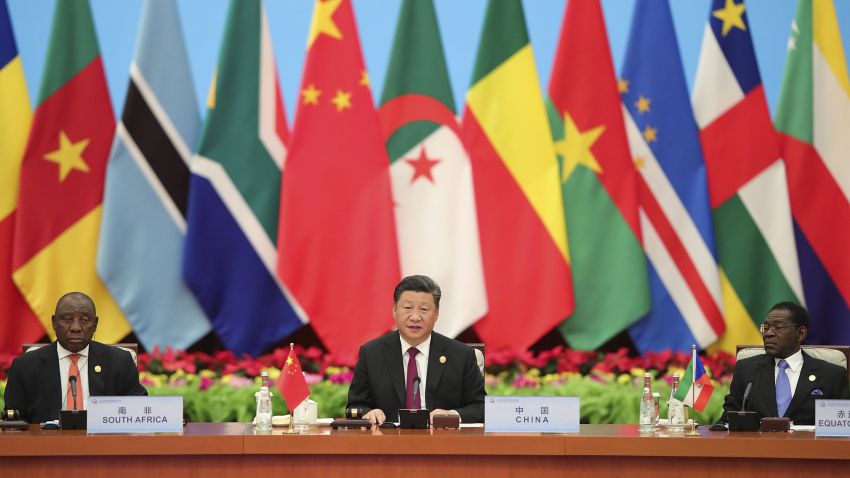The 20th Congress of the Chinese Communist Party, which began last week, will conclude Sunday with Xi Jinping poised to clinch a third term as party chairman. The quinquennial congress will also set in motion the party’s political direction for the next five years, with a view toward meeting its Vision 2035 goals. And on the international scene, Beijing continues to flex its muscles, assured of its rise to world-power status and confident that it can project influence across the globe.
But for many African countries, lingering uncertainties about their relationships with China have only become more magnified in recent months and years. Amid a looming global economic crunch driven in part by a slowdown in China, a recalibration of Beijing’s footprint on the continent and deepening tensions with the West, many Africans and their governments are now asking questions about what direction relations will take in the next couple of years between their countries and Africa’s largest trade partner.
During Xi’s decade in power, China’s engagement with African countries scaled to new heights on the economic as well as diplomatic front. His trademark Belt and Road Initiative, or BRI, saw substantial infrastructure projects rolled out across the continent. Beijing’s financial commitments to African countries tripled at the first Forum on China-Africa Cooperation held three years after Xi took power, in 2015. Bilateral trade between China and Africa peaked at an all-time high of $254 billion in 2021, with exports from Africa also hitting a record $106 billion.

